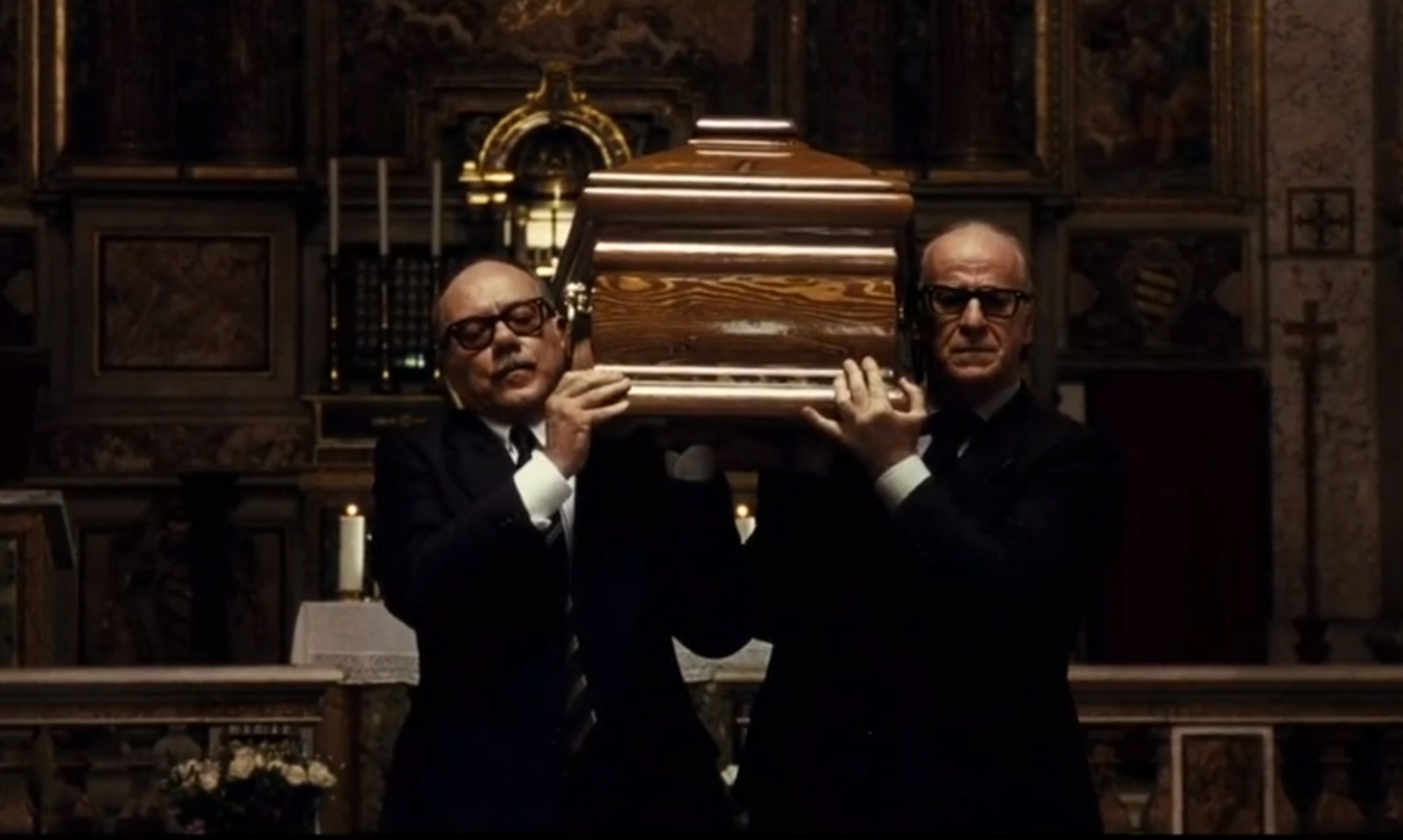by Juliana Abelow
Please read the crafter statement before watching the video essay. Thank you.
For twenty-two years, the current President of Russia, Vladimir Putin has been in power as either the Prime Minister or President of Russia. In January of 2020, the Russian government under Putin changed the constitution so he can stay in power until 2036 if he chooses to do so. Given the circumstances, experts argue that modern Russia is leaning towards dictatorship rather than democracy (Country Report Russia January 2021).
Importantly, since Putin’s return to the presidency in 2012, United Russia, the dominant political party in Russia, has cracked down on political dissent in the country. Already, the Duma, the Russian parliament, seeks to exert more control on its citizens by increasing censorship of online platforms and, specifically, of the opposing political party. According to a Human Rights Watch report, “85% of convictions for extremist expression dealt with online expression” due to an increase in internet censorship laws (Maida). Additionally, in December of 2020, the Duma passed legislation that legalized censorship of social media, further cutting Russia off from the outside world. More recently, in February of 2021 Russian opposition leader Alexi Navalny, the candidate most likely to defeat Putin in the upcoming election, was jailed. This occurred almost a year after an attempt on Navalny’s life by Russia’s Federal Security Service. Putin’s attempt to silence Navalny sparked protests across Russia and increased criticism of the United Russia party (Country Report Russia January 2021). An increase in censorship goes both ways: Russian citizens are cut off from non-government approved media and the rest of the world has an increasingly narrow view of the Duma under Putin. The Russian government has increased control of its citizens in every way imaginable. By dictating everything from what students learn in history classes to election results, Vladimir Putin has only increased his grip on power.
You are about to watch a video essay about the film Paradise. The co-production between Russia and Germany was directed by Andrei Konchalovsky–a Russian director who made a name for himself during the peak of Soviet censorship. The movie follows three characters’ eventual deaths because of the Holocaust. Konchalovsky himself argues that it is important for films like this to be made because people have a desire to forget tragic events and a tendency to believe that they will never happen again (Moss). These two truths become dangerous when combined with government enabled censorship. Censorship in Russia threatens the film industry’s freedom to depict history in an accurate way. Violence and language are both grounds for censorship. However, they are also integral parts of history. Especially in an era where young people tend to learn history through digital media, censorship of movies like Paradise is censorship of history. And, censorship of history is unacceptable.
Works Cited
- “Country Report Russia December 2019.” The Economist Intelligence Unit.
- “Country Report Russia January 2021.” The Economist Intelligence Unit.
- “New Law Would Expand Internet Censorship in Russia.” Human Rights Watch, 23 Nov. 2020.
- Wamsley, Laurel. “Russian Lawmakers Pass Bills That Could Block Social Media Sites — And Stifle Dissent.” NPR, 23 Dec. 2020. NPR.
- Moss, Stephen. “Andrei Konchalovsky: ‘Forget Freedom – Wars and Plagues Make the Best Art.’” The Guardian, 22 Apr. 2014. The Guardian.
- “Russia: Growing Internet Isolation, Control, Censorship.” Human Rights Watch, 18 June 2020.
